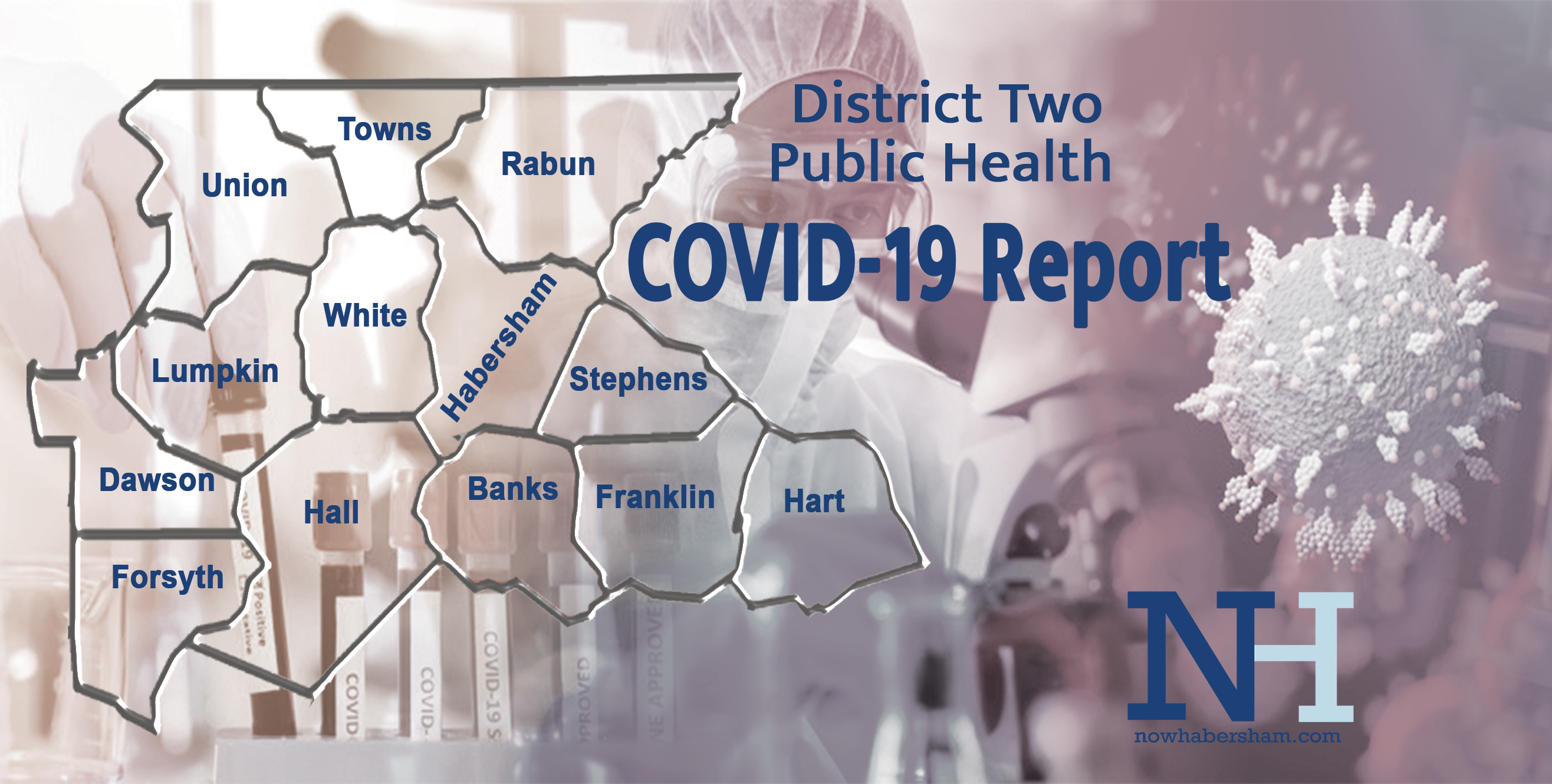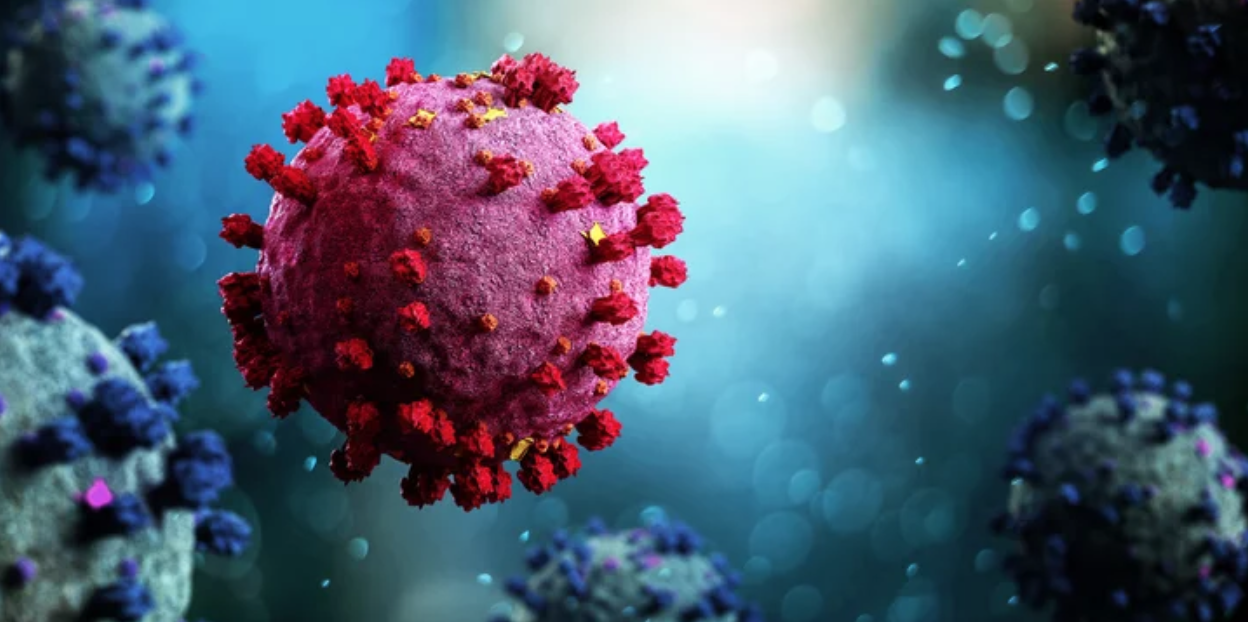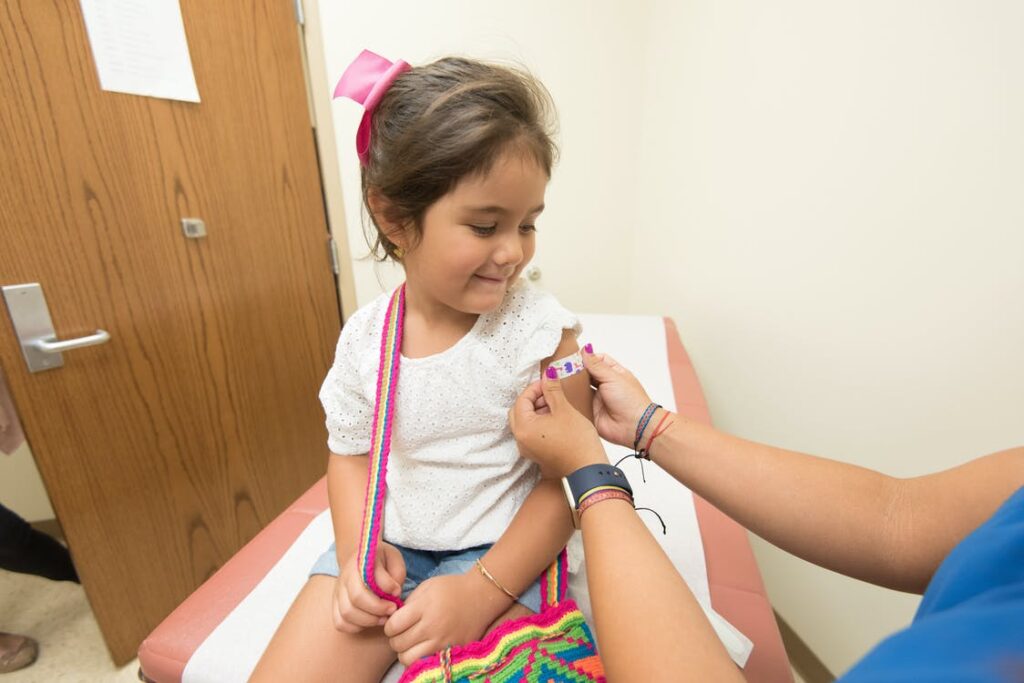
The Georgia Department of Public Health confirms there are now 19 cases of the COVID-19 variant B.1.1.7 identified in Georgia. This is the same variant discovered in the U.K. and in several other countries and U.S. states. So far, no other COVID-19 variants have been identified in Georgia.
Public health officials say the B.1.1.7 cases in Georgia involve individuals ages 15 to 61 – eight males and 11 females. They live in metro Atlanta – Carroll, Cherokee, Clayton, Cobb, DeKalb, Douglas, Fulton, Gwinnett, and Paulding counties. “DPH is working to identify close contacts of the individuals and will monitor them closely,” the agency says in a news release issued Monday.
Preliminary epidemiologic information suggests this new variant is significantly more contagious than the SARS-CoV-2 virus and may increase the risk of death in those who become infected, the release states. Both Pfizer and Moderna say their current vaccines appear to work against this variant.
The Georgia Public Health Laboratory and several commercial labs are working to identify the presence of this variant in hundreds of specimens collected at testing sites statewide. Still, those specimens represent only a small percentage of the overall number of COVID-19 tests performed.
State health officials say knowing the location of a few individual cases does not provide a clear picture of where this variant is in the state.
“Just because it has not been identified in a particular city or county does not mean it is not there,” officials say. “Individuals could be infected anywhere in the state or, in some cases, out of state.”
At least 30 states are reporting cases of the B.1.1.7 variant.
“The CDC has said this U.K. variant is likely to be the dominant strain in the U.S. by sometime in March,” says Georgia Public Health Commissioner Dr. Kathleen Toomey. “We must ensure we are taking every precaution right now to prevent transmission of COVID and to avoid a surge in hospitalizations and loss of life.”
The same measures used to prevent the spread of COVID-19 are recommended to slow the spread of this variant. However, infectious disease experts say those mitigation efforts are now even more critical since the U.K. variant is more contagious. Health officials continue to urge people to wear masks, maintain social distance, and wash their hands frequently. They caution against attending large gatherings and encourage people to get vaccinated when they become eligible.





